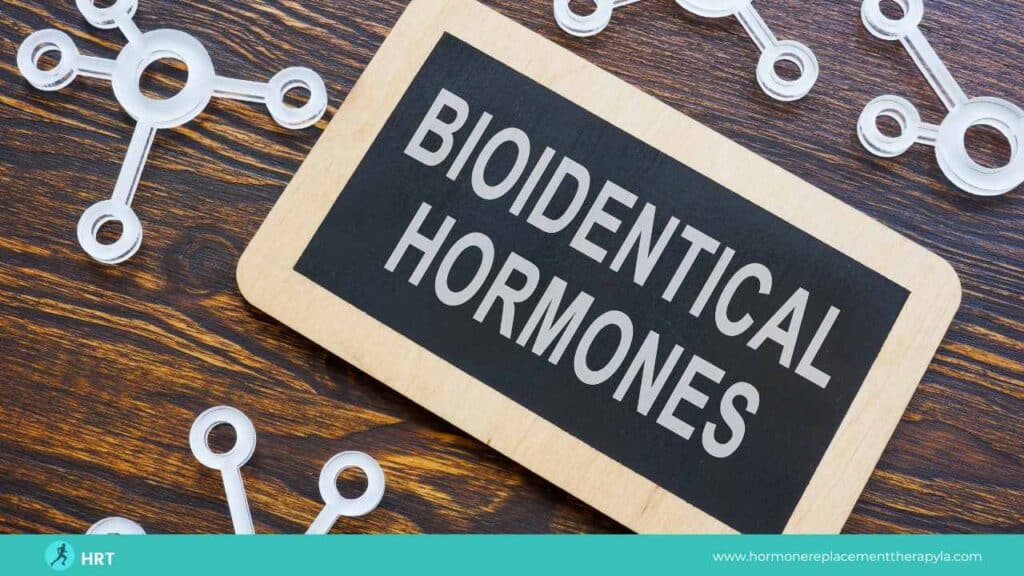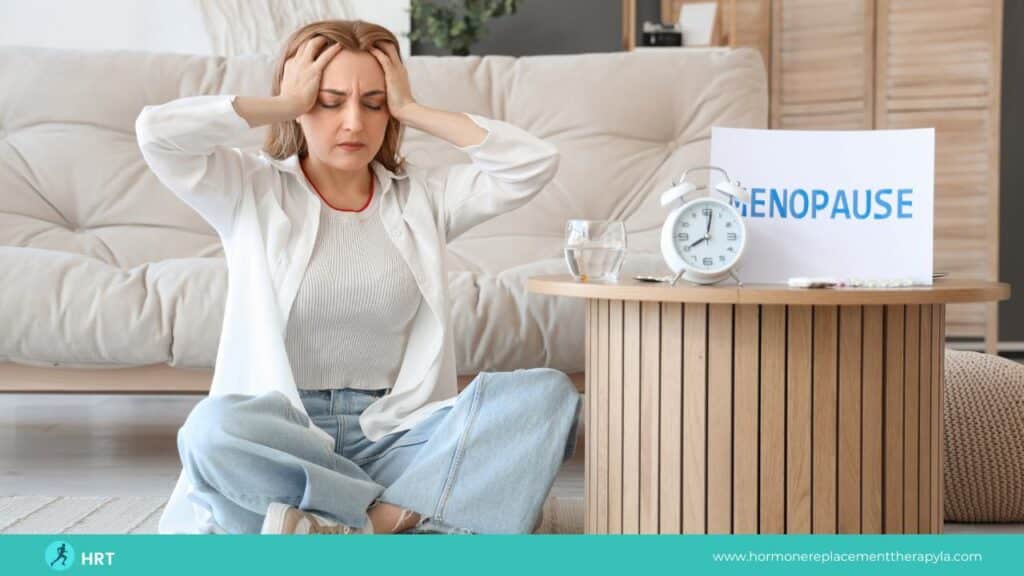Here are some things you can do to cure your adrenal fatigue fast.
IV Vitamin Therapy
IV vitamin therapy, also known as IV infusions, is a convenient and hassle-free way to recover from the symptoms of adrenal fatigue.
The IV treatment plan delivers a combination of vitamins, minerals, and other nutrients straight into your bloodstream. This can help reverse deficiencies you might be experiencing due to adrenal fatigue.
By taking an IV vitamin infusion, your body will receive the essential vitamins, minerals, and other nutrients that it needs to heal quickly. This therapy provides your body with the necessary building blocks to repair any damaged cells.
Consume a meal within an hour of waking
One simple step you can take is to eat a meal within an hour of waking up. This will help to give your body the energy it needs to start the day and fight off any fatigue.
Avoid processed foods
One of the best things you can do is to avoid processed foods. These foods are typically high in sugar and other unhealthy ingredients that can tax your adrenal glands and make your fatigue worse. Instead, focus on eating whole, unprocessed foods that will give your body the nutrients it needs to recover from chronic fatigue.
Eat more fruits and vegetables
Fruits and vegetables are packed with nutrients that can help fight symptoms of adrenal fatigue. They’re also a great source of antioxidants, which can help protect your body from stress. So make sure to include plenty of fruits and vegetables in your diet if you’re trying to combat fatigue.
Consume vitamin B supplements
Vitamin B helps the body to produce energy and cope with stress. It can be found in foods like poultry, fish, eggs, and dairy. You can also take a Vitamin B supplement to make sure you are getting enough of this important nutrient.
Include protein & magnesium
If you’re struggling with adrenal fatigue, you may want to consider adding protein and magnesium to your diet. Protein provides the building blocks for adrenal hormones, while magnesium helps to regulate stress and energy levels. Including these nutrients in your diet can help to ease the symptoms of adrenal fatigue and give you the energy you need to get through the day.
Get an adequate amount of sleep
Make sure you’re getting enough sleep. Lack of sleep can exacerbate fatigue and make it more difficult to recover from. To get enough sleep, aim to get 7-8 hours of sleep every night and avoid working or using electronic devices in bed. If you have trouble falling asleep, try drinking chamomile tea or taking a relaxing bath before bed.
Skip high-impact exercise
If you’re feeling fatigued, it’s best to avoid high-impact exercise. Your adrenal glands are responsible for producing hormones that help your body deal with stress, and when they’re not functioning properly, you can end up feeling exhausted. Stick to low-impact activities like walking or yoga and give your body the rest it needs.
Avoid caffeine-based drinks
Caffeine is a stimulant that can exacerbate symptoms of adrenal fatigue. Therefore, it’s best to avoid caffeine-based drinks like coffee, tea, and energy drinks. Instead, focus on getting plenty of rest and eating a balanced diet.
Breath in the fresh air
We all know how good it feels to breathe in fresh air, but did you know that it can also help alleviate fatigue? That’s right – simply spending time outdoors in nature can help to reduce stress and tension and promote relaxation. So next time you’re feeling run down, take a break and head outside for some fresh air. Your body will thank you for it!








